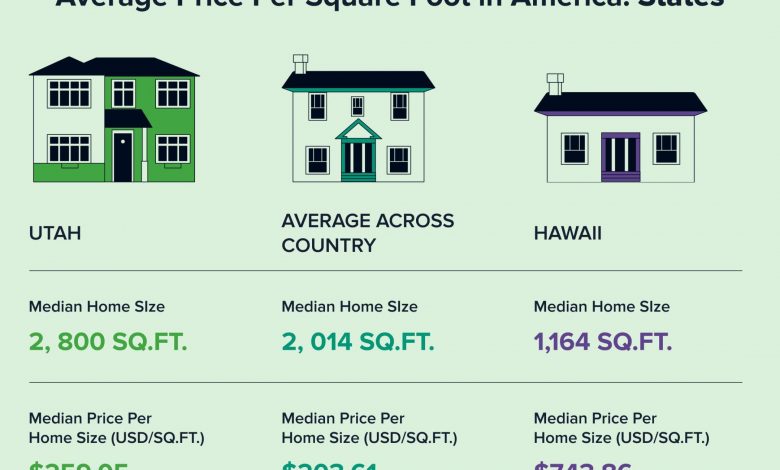How to Find and Secure a Rent-Controlled Apartment

How to Find and Secure a Rent-Controlled Apartment
What is a rent-controlled apartment?
A rent-controlled apartment is a type of housing that has its rent regulated by a government agency. The purpose of rent control is to protect tenants by limiting the amount landlords can increase rent each year. Rent-controlled apartments can be a great option for individuals or families looking for stable and affordable housing.
How to search for rent-controlled apartments:
1. Research your local laws and regulations:
Start by familiarizing yourself with the rent control laws and regulations in your city or region. These laws vary by location, so understanding your rights and the protections available to you is crucial.
2. Utilize online resources and platforms:
There are several online resources and platforms specifically designed to help tenants find rent-controlled apartments. Websites such as RentControlledApartments.com and RentBoard.com have search filters that allow you to specifically look for rent-controlled units in your desired area.
3. Reach out to local housing organizations:
Local housing organizations or tenant advocacy groups often have knowledge and information about rent-controlled apartments in your area. They can provide valuable guidance and resources to help you in your search.
4. Network with friends, family, and colleagues:
Spread the word about your search for a rent-controlled apartment among your friends, family, and colleagues. They may have connections or know someone who can help you find what you’re looking for.
Tips for securing a rent-controlled apartment:
1. Be prepared with necessary documents:
When you find a potential rent-controlled apartment, make sure you have all the necessary documents ready to provide to the landlord or property management company. This may include proof of income, previous rental history, and references.
2. Act quickly:
Due to their affordability and high demand, rent-controlled apartments can be snatched up quickly. When you find a suitable unit, don’t hesitate to submit your application and necessary paperwork promptly.
3. Familiarize yourself with local housing laws:
Understanding the local housing laws and regulations applicable to rent-controlled apartments will help protect your rights as a tenant. It is important to know your rights and responsibilities when living in a rent-controlled unit.
FAQs about rent-controlled apartments:
Q: How much can the rent be increased in a rent-controlled apartment?
A: The amount by which rent can be increased in a rent-controlled apartment depends on local regulations. In most areas, there are annual limits on rent increases, typically within a specific percentage range.
Q: Can landlords evict tenants from rent-controlled apartments?
A: Landlords can only evict tenants from rent-controlled apartments under specific circumstances outlined in local housing laws. In most cases, valid reasons for eviction include non-payment of rent, violation of lease terms, or the landlord’s intention to occupy the unit personally.
Q: How long does a rent-controlled apartment remain rent-controlled?
A: Rent-controlled apartments generally remain under rent control as long as they are continuously occupied by the same tenant. If the unit becomes vacant or the tenant voluntarily vacates, the rent control status may be subject to change.
Q: Can I apply for a rent-controlled apartment if I have a high income?
A: Some cities or regions have income limits for rent-controlled apartments. However, these limits can vary, and it is best to check with the local housing authority or relevant agencies to determine if your income makes you eligible for a rent-controlled unit.
By following the above tips and being proactive in your search, you can increase your chances of finding and securing a rent-controlled apartment that meets your needs and budget. Remember to stay informed about your local housing laws and regulations to ensure you enjoy the benefits and protections that come with rent-controlled housing.



